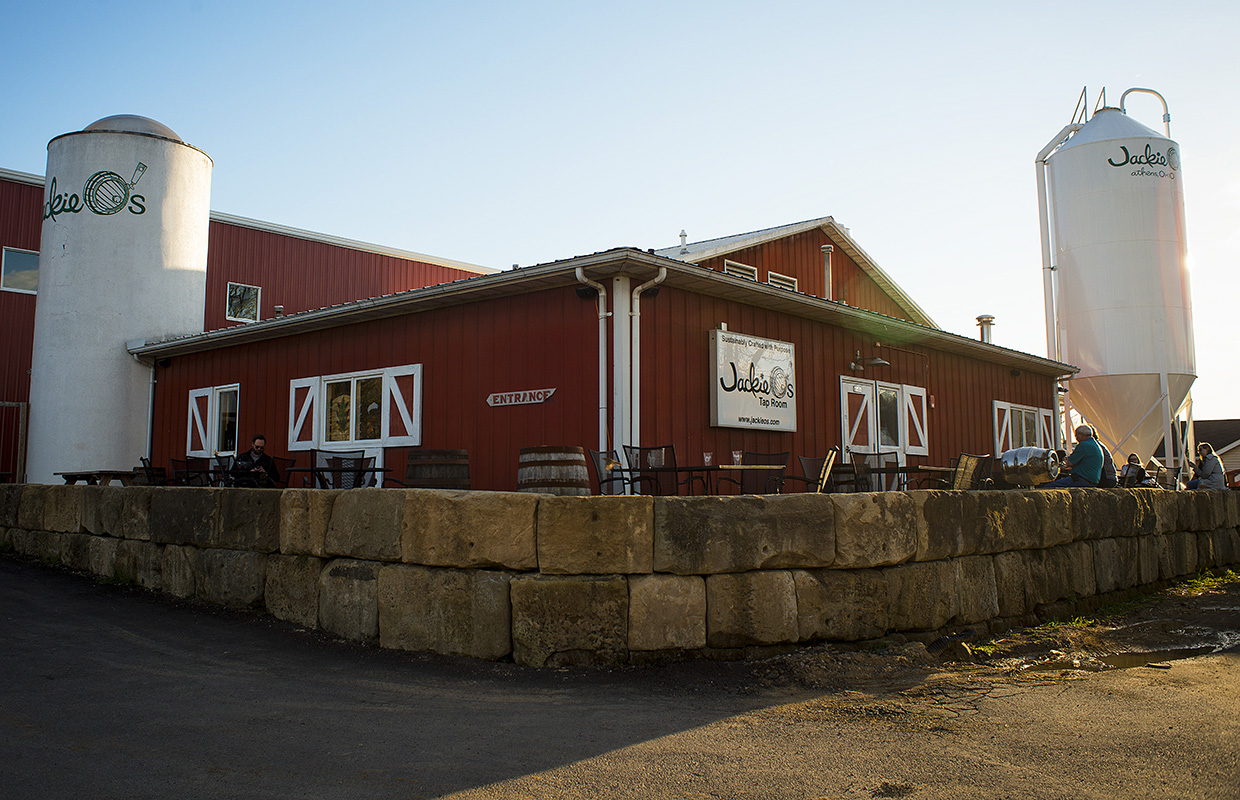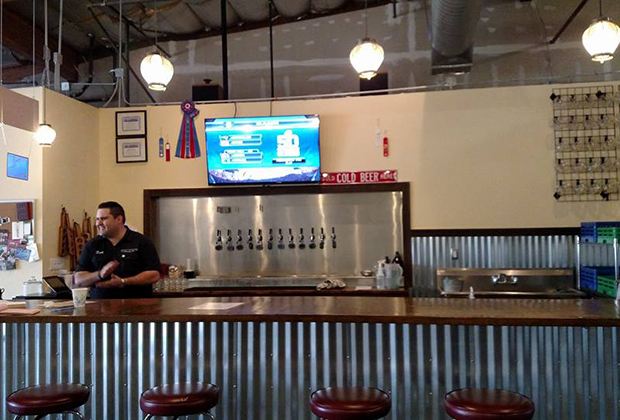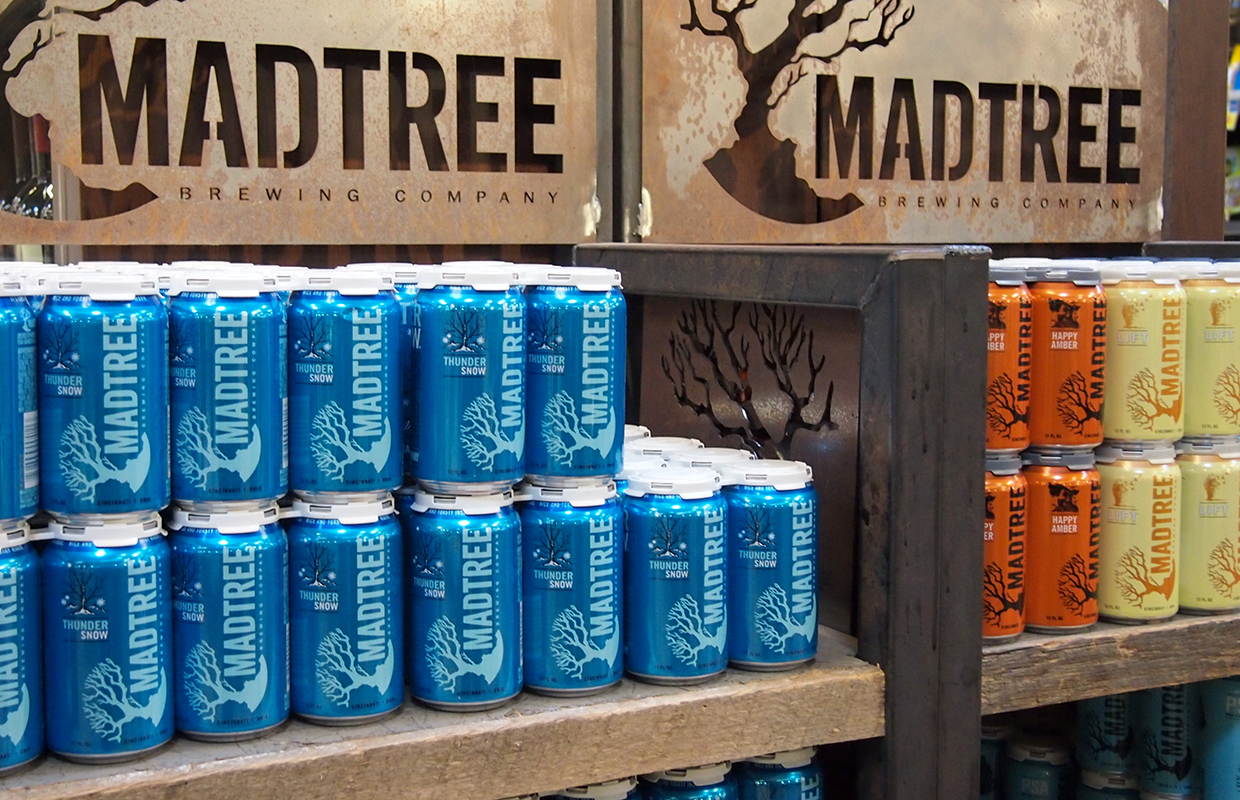
Dorchester Brewing really attempts to serve the full spectrum of brewing beers, which means as a brewing facility for themselves and contract partners, it can range from the first time a recipe has ever been brewed to brewing year-round brands. Both, say QA/Manager Chris Geany, need a series of tasting panels to make sure it’s the best product going out to consumers.
“Really what it comes down to is having a team of people who can recognize off flavors and different things like that,” he told Brewer recently.”The consistency of the tasting, I think, is more important than anything, just making sure that everybody is tasting everything that’s coming through and tasting it alongside something that should be a representative sample.”
READ MORE: Quick Steps Dorchester Says Can Help Lower Your CO2 Usage
Having a team that can recognize our flavors is important.
“I will do different trainings with them as part of these tastings that we’re doing, tasting all the beer that we’ve packaged in the past week,” he said. “Occasionally, I will sneak in an off-flavor spike or something like that just to keep them on their toes.”
Rather than comparing it to the previous batch, he’ll compare it to an out-of-date can to make sure that the panel truly doesn’t know exactly what they’re tasting.
“So they can get a totally open and honest opinion on what’s going on,” he said.
Geany said they rarely do a more traditional sensory analysis.
“That would be kind of only if there was a severe red flag, which knock on wood, we’ve avoided for the most part,” he said. “But those are definitely in the bag of tools.”
In the past at previous stops, Geany said they definitely leaned on those panels when it’s one of those things that internally, people are saying ‘this tastes different.’”
Getting a solid statistical number on it, you can sometimes realize there may not be a difference between batches and it could be in your head as well.
Geany pointed out that the Dorchester team can go and grab a can that was canned on the exact same day at another location brewed elsewhere to get a really authentic side-by-side tasting, he explained.
“For beers that we’re producing over and over again for a customer we’ll generally taste each batch alongside the batch before and we also have a whole lot of bumpers on the numbers that we’re aiming for,” he said. “The second that our gravity’s a little high or pH looks a little out of spec or anything like that, we will reach out to the individual breweries and if they’re close enough they’ll come in and they’ll actually sign off on the tasting as well.”
Photo courtesy Abode Stock




Be the first to comment